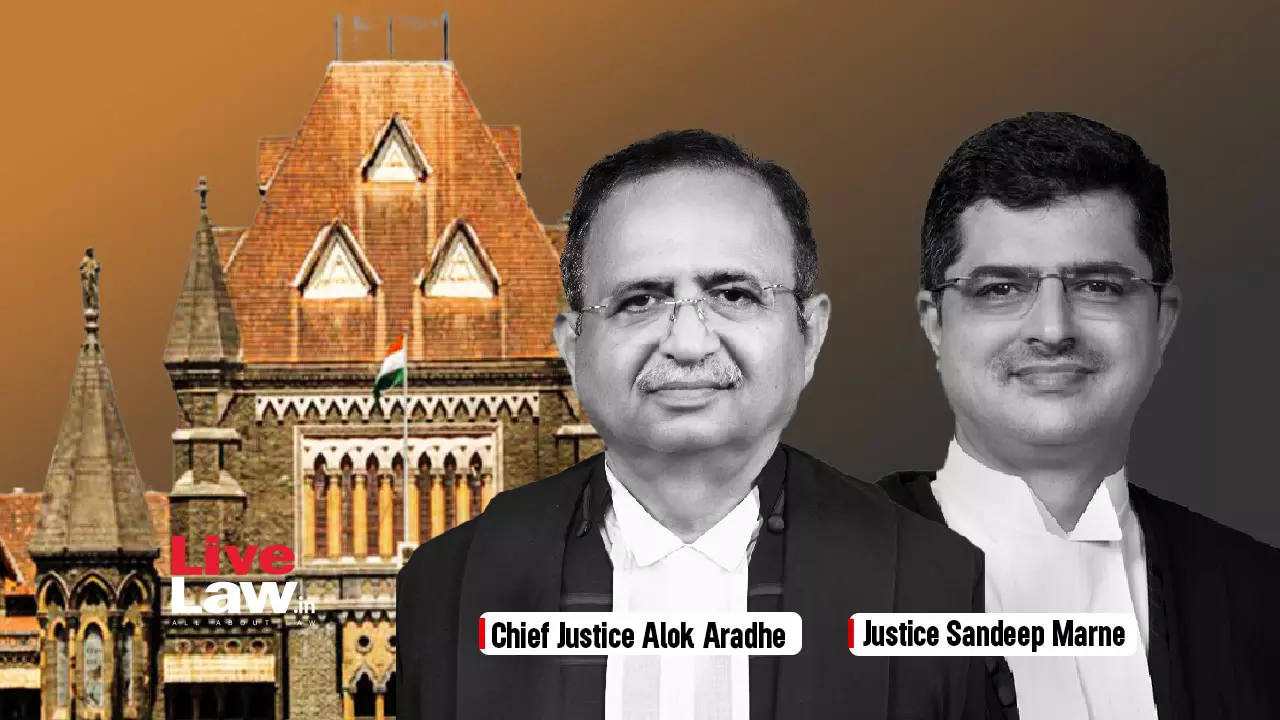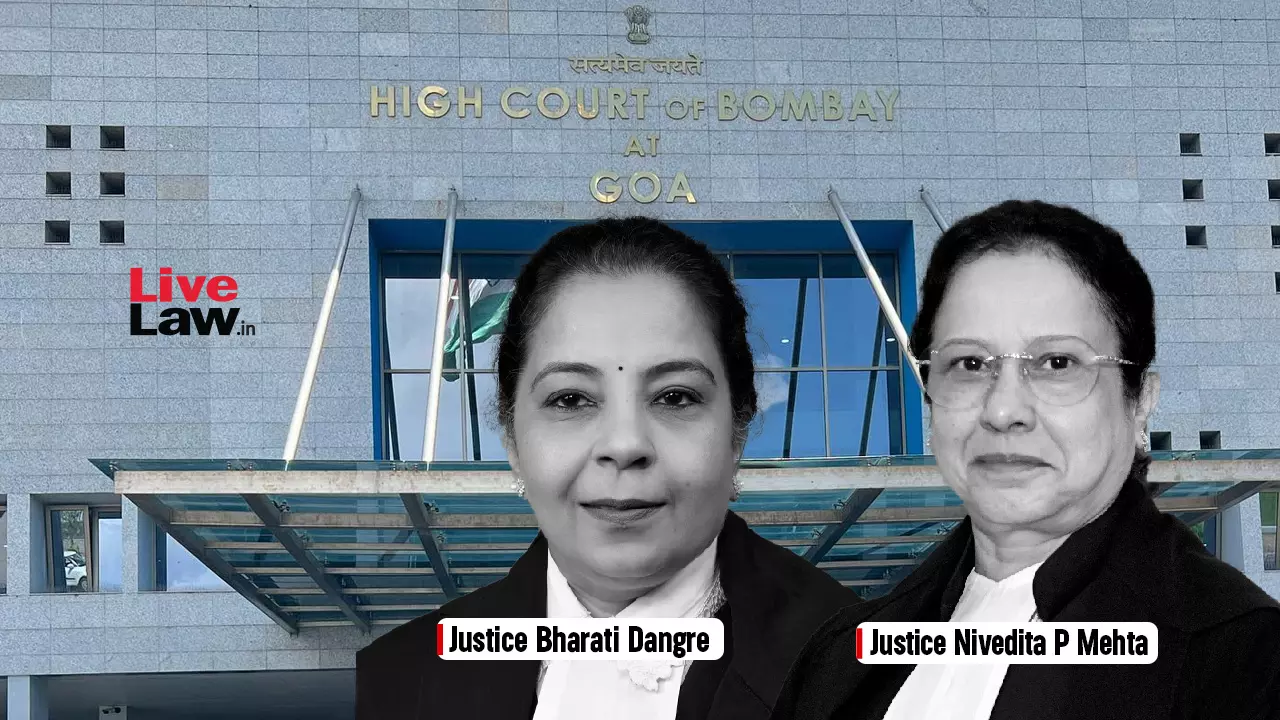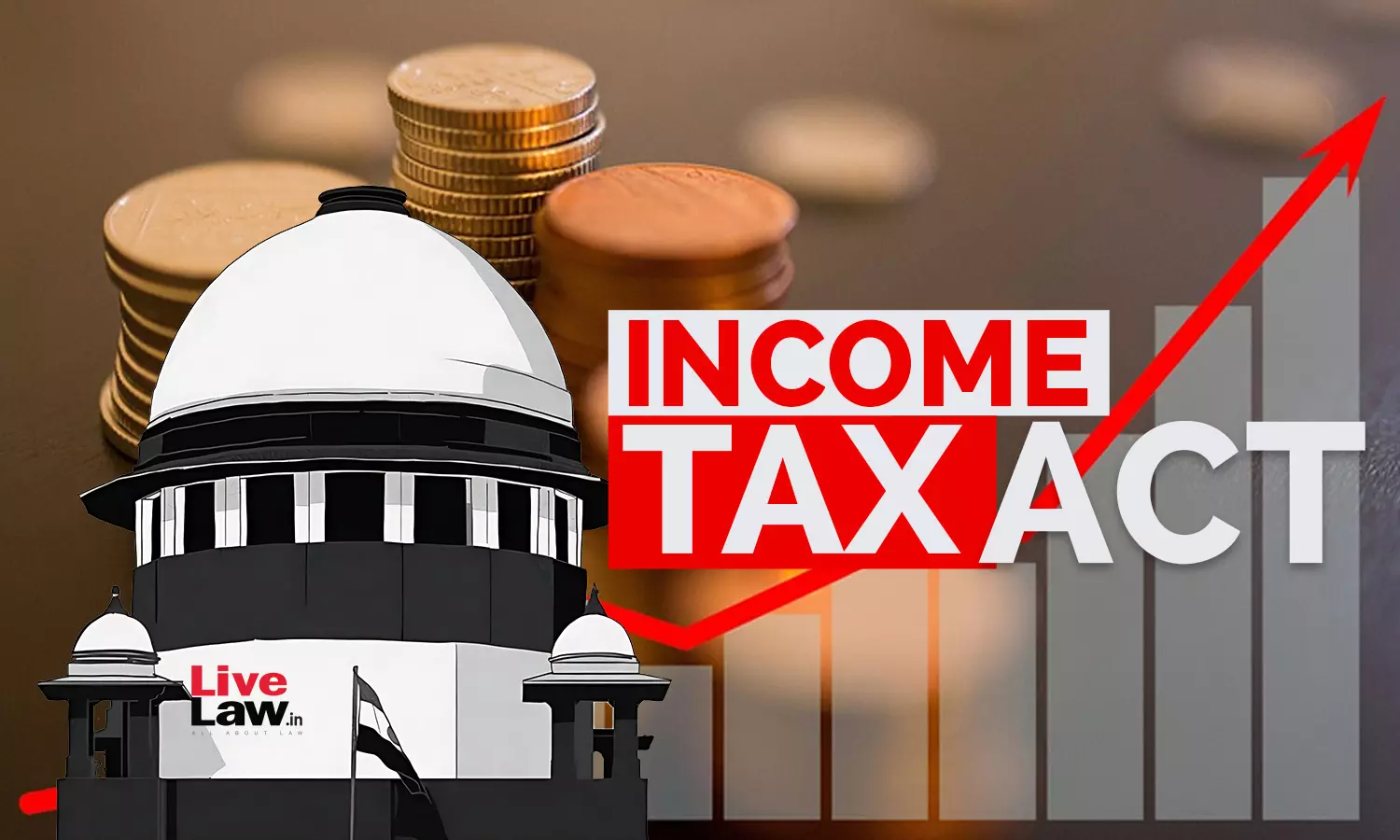The Bombay High Court stated that the assessing officer (AO) can determine the annual value of the property higher than the municipal rateable value under Section 22 of the Income Tax Act.
Section 22 of the Income Tax Act, 1961 deals with the “taxability of ‘Income from House Property”. It says the annual value of property consisting of any buildings or lands appurtenant thereto of which the assessee is the owner, other than such portions of such property as he may occupy for the purposes of any business or profession carried on by him the profits of which are chargeable to income-tax, shall be chargeable to income-tax under the head “Income from house property”.
The issue before Chief Justice Alok Aradhe and Justice Sandeep V. Marne was whether it is permissible for the Assessing Officer to determine annual value of the property for the purposes of taxation under Section 22 of the Income Tax Act, 1960 higher than the rateable value determined under the Municipal laws.
The Assessee purchased office premises for consideration of Rs.21,85,664/-, which is the value reflected in the Fixed Asset Schedule in the Assessee’s Balance Sheet. On 29 November 1988, the Assessee entered into Leave and License Agreement and other connected agreements with Citi Bank for letting out the office premises for a period of 10 years from 1 April 1989 to 31 March 1999.
The agreed license fees were Rs.9,825/- per month. Citi Bank paid interest free security deposit of Rs.1,54,00,000/- to the Assessee. For the year ending 31 March 1990 (Assessment Year 1990-91), the Assessee offered rental income of Rs.1,17,900/- calculated on the basis of license fees of Rs.9,825/- per month to be taxed under the head ‘Income from Business’.
The Assessing Officer passed Assessment Order determining the gross annual rateable value of the property under Section 23(1)(b) of the Act at Rs.22,00,000/- treating the same as the amount for which the property might have reasonably be let out from year to year.
The Assessee challenged the Assessment Order before the Commissioner of Income-Tax (Appeals) which upheld the order of the Assessing Officer. The Assessee preferred further Appeal before the ITAT which was dismissed.
The Assessee contended that the annual rateable value determined under the municipal laws could at best be treated as the sum for which the property might have reasonably be expected to be let under the provisions of Section 23(1)(a) of the Income Tax Act.
The assessee further submitted that the amount of interest free security deposit received by the Assessee has no relevance for determination of the gross annual letting value either under Clauses (a) or (b) of sub-section (1) of Section 23 of the Act.
The revenue submitted that the Assessing Officer has considered comparable instance of the same licencee (Citi Bank) paying license fees in respect of the premises in the same building. The Assessing Officer has made a detailed analysis while determining that the Assessee had failed to produce any cogent material even qua the claim of municipal rateable value.
The bench observed that under Section 22 of the Act, the annual value of the property consisting of building or lands appurtenant thereto becomes chargeable to income tax under the head ‘Income from house property’. Thus, whether the property is actually let out or not, the annual value of the property still becomes chargeable to income tax under Section 22 of the Act.
The bench noted that the Assessee entered into a transaction of license by showing the amount of taxes and outgoings as license fees and hefty security deposit of Rs.1.54 crores, with right to utilize the same without payment of any interest for 10 long years.
The fact that the Assessee had contemporaneously availed overdraft facility of Rs. 51 lakh shows that it was in need of funds for business purposes. Thus, the security deposit is the real return for the Assessee and not the amount indicated as license fees. In such circumstances, neither the ridiculously low amount of license fee of Rs.9,825/- per month nor the municipal rateable value of Rs.10,200/could be taken into consideration as a sum under Section 23(1)(a) of the Act, added the bench.
The bench found no reason to interfere in the order passed by the Assessing Officer, CIT(A) and the ITAT.
In view of the above, the bench dismissed the appeal.
Case Title: Tivoli Investment & Trading Co. Pvt. Ltd. v. The Assistant Commissioner of Income-tax and another
Case Number: INCOME TAX APPEAL NO. 5 OF 2004
Counsel for Petitioner/Assessee: Nitesh Joshi i/b Mr. Atul K. Jasani
Counsel for Respondent/Department: Dr. Dhanalakshmi S. Krishna Iyer with Mr. P. A. Narayanan
Click Here To Read/Download The Order


